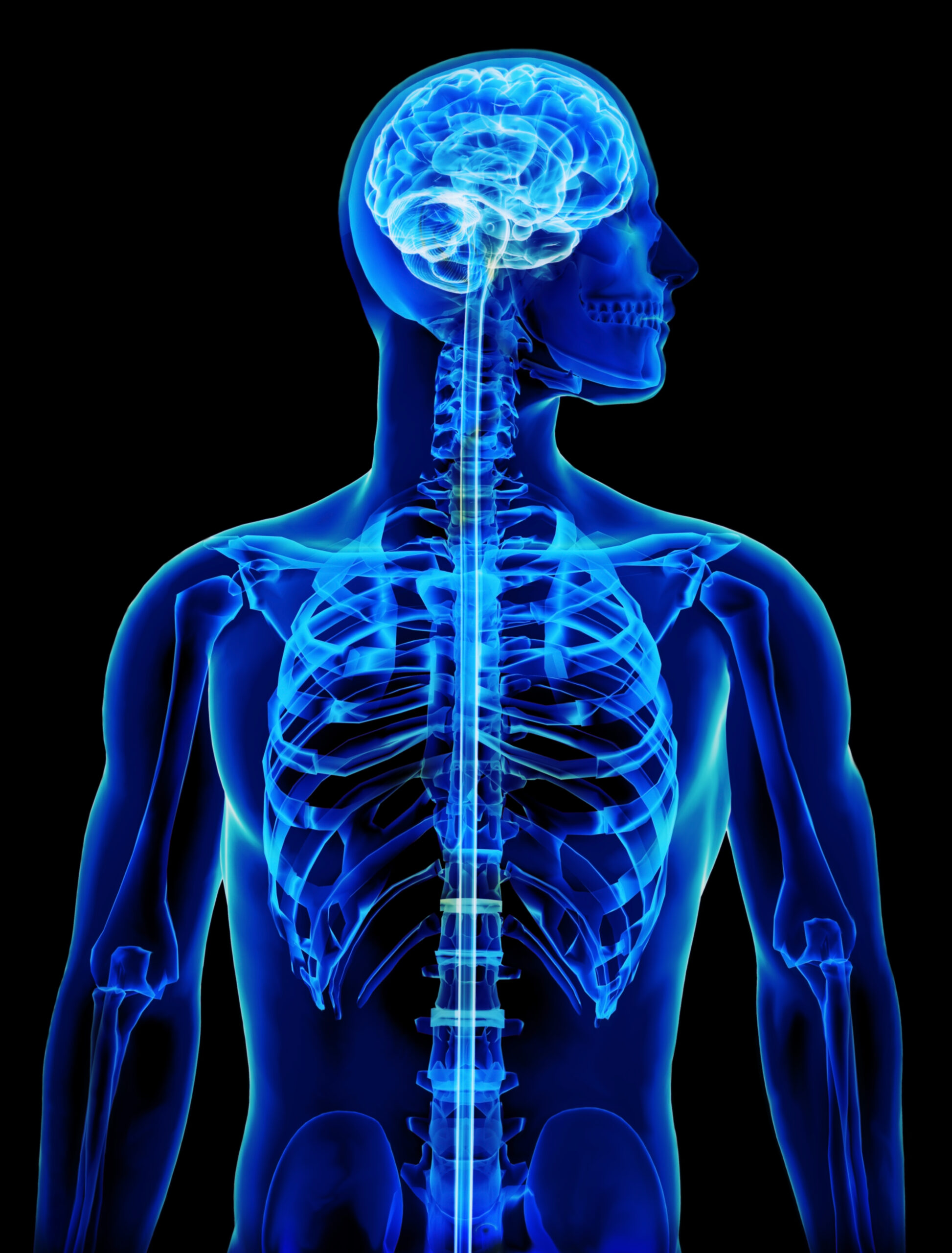How can Digital Motion X-ray Provide Efficacy of Care Program
*RESEARCH VIDEO (Patients do not receive DMX as standard treatment protocol) DMX or “Digital Motion X-ray” is a type of fleuro-based X-ray coupled with digital and optic technology which allows clinicians to view the spine in real time motion. By subjecting all the therapies, exercises, and spinal manipulations to scrutiny under digital motion X-ray, Dr. … Read more
